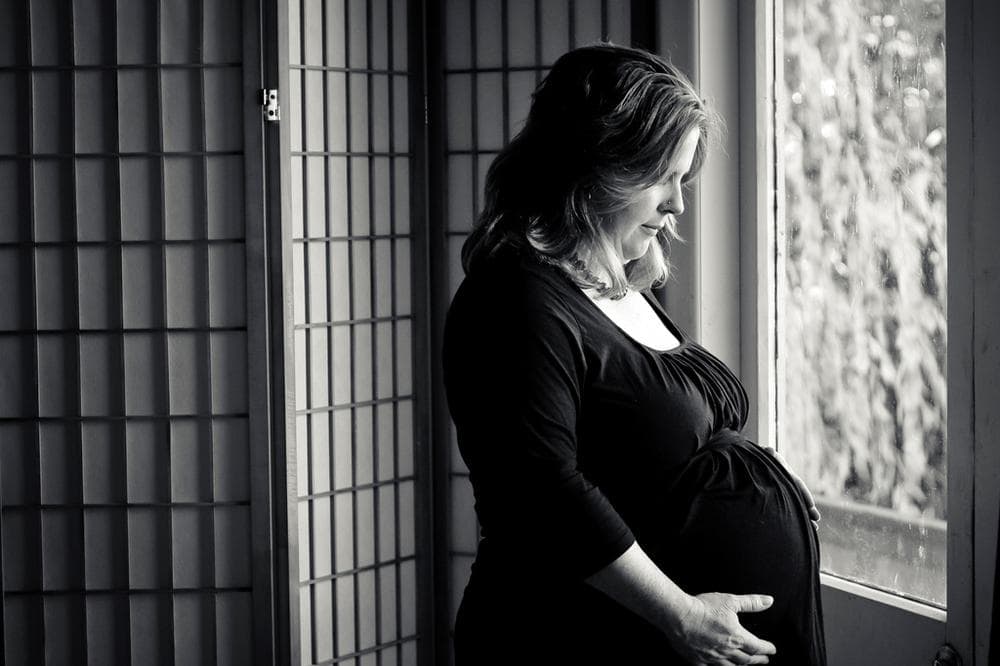Advertisement
Autism As An Autoimmune Problem: Will There Soon Be A Test?
Guest contributor
Autoimmune problems that strike during pregnancy may be behind more than 20 percent of autism cases, a new study suggests.
Normally during pregnancy, immune proteins from the mother cross the placental barrier and protect the child from foreign invaders such as bacteria and viruses. But in a sizable number of mothers with children on the autism spectrum, these immune proteins essentially attack the child’s brain tissue instead, according to a new study from the University of California, Davis’ MIND Institute.

This autoimmune attack causes changes in the baby’s brain that lead to symptoms of autism, such as repetitive behaviors and a limited ability to communicate, a second study in monkeys suggests. Both studies were published Tuesday in the journal Translational Psychiatry.
It’s not clear why the mothers have these protein antibodies, or how long they’ve had them, said Judy Van de Water, a professor of internal medicine at UC Davis, who helped lead both studies. In autoimmune diseases, antibodies turn against the body itself – or in this case, the body growing inside the mother’s belly. Researchers believe they’ve identified a subset of autism – perhaps accounting for as many as 23 percent of people on the spectrum – that they’re calling maternal antibody-related (MAR) autism.
The implication of these findings could be significant.
A California company, Pediatric Bioscience, is already working with UC Davis to develop a test to detect the antibody in the mother.
A mother who already has a child on the autism spectrum could get the test when deciding whether to have another child, Van de Water said. If she carries the antibody, her chances of having another child on the spectrum are greater than 99 percent, Van de Water said.
Similarly, parents concerned about their newborn’s risk or their baby’s early development could get tested. The test can “rule in” the diagnosis but not rule it out, Van de Water said – in other words, if the mother has the antibodies, the child will almost certainly have autism, but if she doesn’t have them, the child still could have autism, caused by something else.
Such a test could be ready for public sale as soon as 18 months from now, and people might be able to join clinical trials sooner, Van de Water said.
Alycia Halladay, senior director of clinical and environmental sciences for the advocacy group Autism Speaks, was a little more skeptical about the short-term potential of such a test. She is not yet convinced that the maternal antibodies determine with total accuracy that the child will have autism.
But, she said the new research, which Autism Speaks helped fund in an earlier stage, represents “a very important finding that is going to lead us to better identification of autism.”
Early diagnosis is essential for minimizing the social, communication and behavioral toll of autism. Diagnosis essentially at birth would allow treatment to begin long before symptoms normally show up, at around 18 to 36 months.
“We do know that children who receive early intervention can actually rewire their brain,” Halladay said. “If the brain wiring is off because of these proteins, then people should really monitor their child and get early intervention sooner...This is something you can think about very early on, not take a wait-and-see approach.”
Halladay said she found the research particularly convincing because the antibodies act on proteins already shown to be involved in brain development and linked to autism.
Children born to mothers with these antibodies are likely to be on the lower-functioning end of the autism spectrum, Van de Water said, with significant repetitive behaviors and language problems that make it difficult. if not impossible, for them to communicate typically and live independently.
It’s not clear how much early intervention can help with such severe challenges, but the brain is more flexible early in life than it ever will be again.
Van de Water thinks it’s theoretically possible that researchers will someday be able to stop the autoimmune attack on the baby, although that is likely to be many years away.
More likely, she said, is that mothers will use the information to help them decide whether to have more children and to get early intervention for those at high risk.
There are things mothers can do already to ensure a healthy pregnancy and child, Halladay said, such as taking prenatal vitamins, getting appropriate medical care during pregnancy and avoiding “certain chemicals that may impair or add to impairment in brain development.”
Karen Weintraub, a Cambridge-based health and science journalist and frequent CommonHealth contributor, is co-author of the book The Autism Revolution with Dr. Martha Herbert.
This program aired on July 10, 2013. The audio for this program is not available.